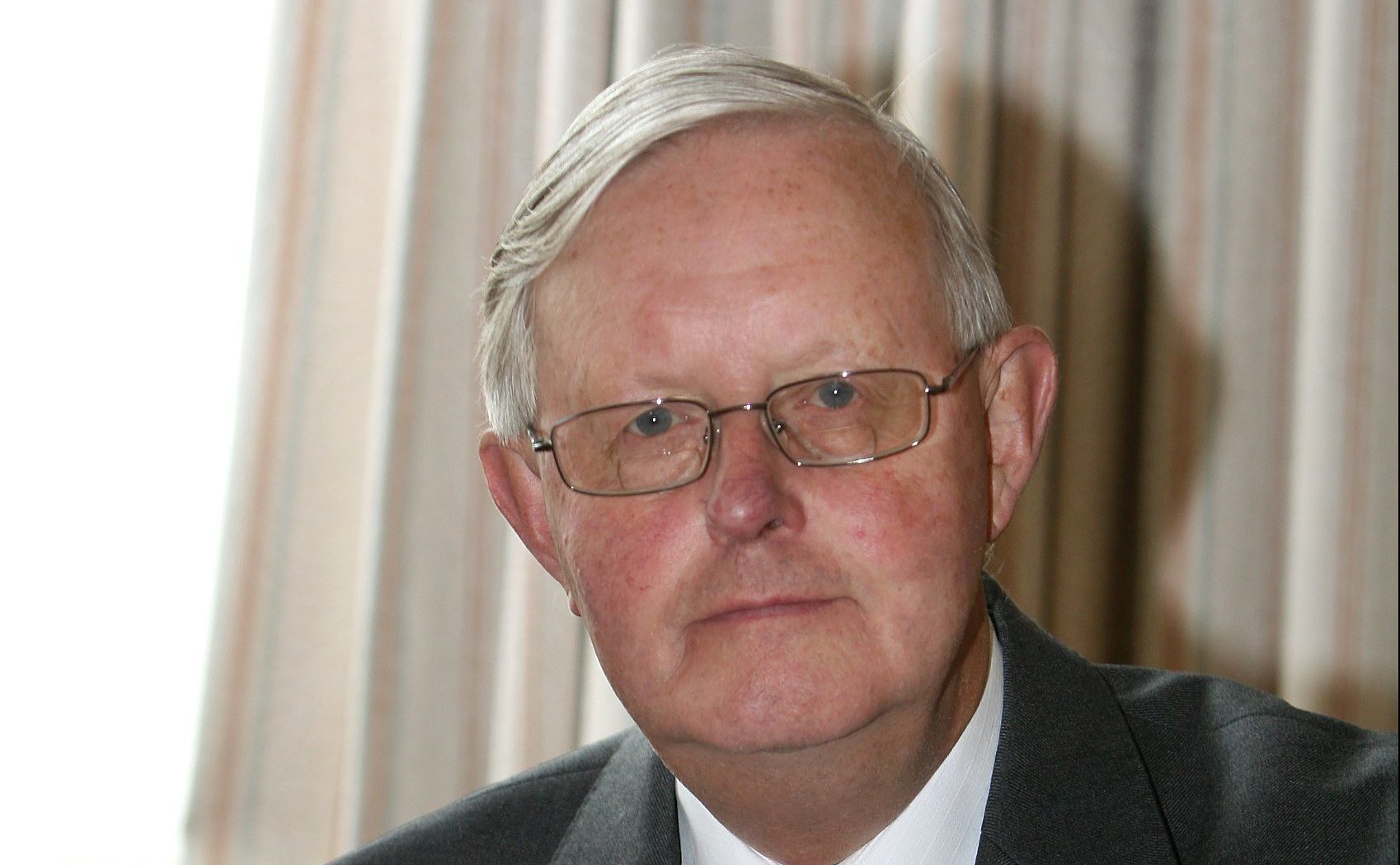Nicola Sturgeon side-lined her own energy experts while drawing up plans to keep Scotland’s lights on, The Courier can reveal.
Gordon Wilson, a former SNP leader, has accused the First Minister of presiding over a “dangerous vacuum” and failing to protect the country’s electricity supply.
The ex-Dundee MP heavily criticised the government’s lack of consultation with its Scottish Energy Advisory Body in the 10 months before unveiling its energy blueprint.
The SEAB, which is made up of senior figures from industry, academia, the civil service and consumer groups, met only once last year – in March.
The draft energy strategy was published at the end of January this year.
Set up by Alex Salmond’s administration in 2009, the SEAB, which is now co-chaired by Ms Sturgeon, is supposed to meet “at least twice annually”, according to the Scottish Government’s website.
Mr Wilson, who is a director of the Options for Scotland, said “words fail me” over the Scottish Government’s approach to the SEAB.
“Why did it prepare an energy strategy without taking advice from its own body?
“There is a dangerous vacuum here and no sign that the Government is concerned about security of power supply in Scotland. This should be its first priority.”
Mr Wilson, who was succeeded as SNP leader by Mr Salmond in 1990, said there is “growing concern” over the “failure of the Edinburgh Government to develop a policy to safeguard Scotland’s electricity self-sufficiency”.
He said Scotland was a big exporter of electricity until Westminster subsidies for the south and midlands in England led to the early closure of Longannet and Cockenzie power stations.
A fresh threat is the uncertain future of the Peterhead gas-fired plant, Mr Wilson added, as well as the lack of progress on the replacement gas generator at Cockenzie “without a squawk of protest” from the Scottish Government.
He said it is “only a matter of time” before Scotland’s nuclear plants at Hunterston and Torness will have to close.
Mr Wilson added: “When that happens, Scotland will be dependent on base load supply of power from England when our windmills run out of puff.
“Bad news in itself but failure there to invest means that England is not far away from cuts or ‘brown-outs’ in a bad winter.”
Meanwhile, there are questions over whether renewables such as wind power, which are strongly supported by the Scottish Government, will fulfil the country’s electricity needs throughout the year.
This continues amid the decline of North Sea oil and gas, a ban on fracking that is tipped to become permanent in the coming months and the UK Government stalling over carbon capture and storage.
A spokesman for the Scottish Government said the SEAB agreed the priorities for the draft energy strategy in the March 2016 meeting and that the body had played an “important role in providing advice on all aspects of the energy sector to the First Minister since 2009”.
“Scottish Ministers have repeatedly warned UK Ministers of the need for action to protect baseload and backup capacity,” he added.
“However, the UK Government has been slow to recognise that its own failure to bring forward new power stations has weakened energy security and pushed up bills.”
A UK Government spokesman said: “We have secured the electricity capacity that Britain needs well in advance so that homes and business have a power supply they can rely on at the lowest possible cost.”










